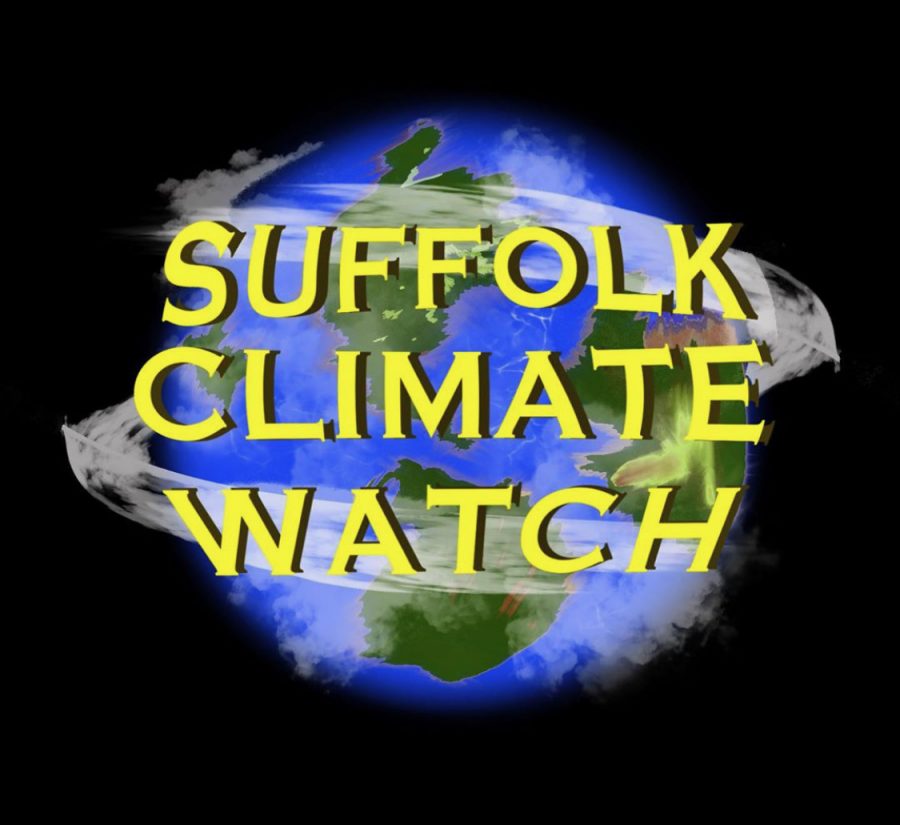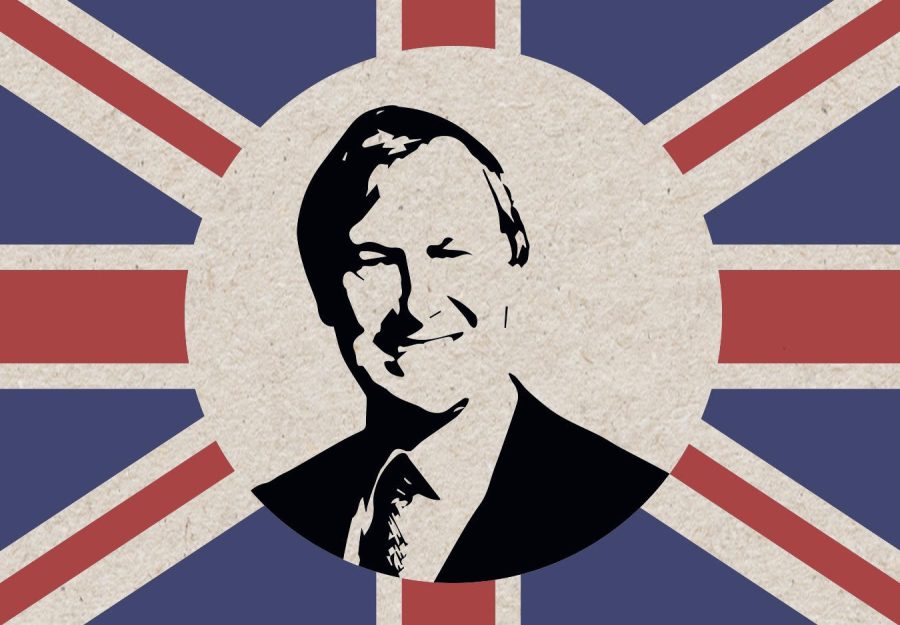The Amery Ice Shelf experienced its largest break-off in 50 years when a 347 billion ton iceberg fell off the third largest ice shelf in Antarctica, according to CBS News. The iceberg, identified as D-28, is larger than Los Angeles and equal to about 27 Manhattan Islands.
The iceberg, spreading over nearly 1000 square miles of ice, separated from East Antarctica and was discovered by glaciologist, Helen Fricker, according to CBS. The separation itself took place on Sept. 26 near the “Loose Tooth,” a famous location on the continent.
For nearly 20 years, scientists from the Scripps Institution of Oceanography and Australian Antarctic Program, have been watching over the “Tooth,” expecting to see some kind of break years ago. USA Today mentions that although it took some time, a tear was noticed in the early 2000’s and a fall-off was predicted between 2010 and 2015. Since the prediction was anticipated by scientists for almost two decades, they are eager to see what comes next.
“I am excited to see this calving event after all these years. We knew it would happen eventually,” said Scripps Professor Helen Amanda Fricker, NBC reports. The coldest environment on Earth is beginning to warm, and many are blaming climate change as the cause. By the end of this century, the continent is predicted to warm over five degrees fahrenheit.
“The calving will not directly affect sea level because the ice shelf was already floating, much like an ice cube in a glass of water,” said Glaciologist Ben Galton-Fenzi, according to USA.
Many think this is due to climate change. Sea levels have been rising because of ice melting in the continent. However, scientists were quick to dismiss this idea of having to do with such an international crisis.
Fricker stated this is part of an ice shelf’s cycle. The normality leads for events like these to happen every 60-70 years. Scientists belonging to the Institute for Marine and Antarctic Studies say they do not believe the event is linked with climate change.














